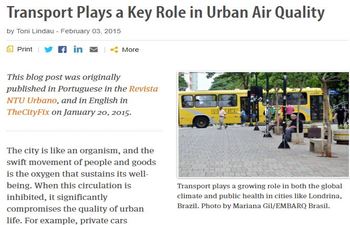CO2 emission standards for new passenger cars and vans in the European Union
Publication Year: 2023
Author(s): Dornoff J
Abstract:
This ICCT policy brief reviews the key elements of European Union light-duty vehicles (LDV) CO2 standards adopted by EU on March 28, 2023, regulation and potential risks for the decarbonization of the transport sector. Some highlights include: More ambitious emissions reductions, but only from 2030 onwards. The target for 2025 remains unchanged (-15%), and the 2030 target is strengthened from -37.5% to -55%, relative to a 2021 baseline. For 2035, a 100% reduction target is introduced. The door is open for e-fuels. An exception for a new category of zero-emission vehicles which run exclusively on synthetically produced CO2-neutral fuels of non-biological origin is expected to be introduced as a Delegated Act. This category could entail numerous disadvantages. Incentives for electric vehicles in the EU CO2 standards will end in 2030. The Zero- and Low-Emission Vehicle (ZLEV) credit threshold of 25% is unlikely to substantially accelerate the market uptake of electric vehicles. Instead, it will likely only weaken the CO2 reduction targets.
Source of Publication: The International Council on Clean Transportation
Vol/Issue: May 2023, 10p.
Publisher/Organisation: International Council on Clean Transportation
URL:
https://theicct.org/wp-content/uploads/2023/05/eu-co2-standards-cars-vans-may23.pdf
Theme: Sustainable transportation | Subtheme: Environment Impact
Related Documents
Research Papers/Articles
Abstract:
This briefing paper provides an overview of CO2 emission levels of new passenger cars in the E... Read More
Opinions/Videos

Transport Plays a Key Role in Urban Air Quality
Published Year: 2015
Abstract:
Transport sector accounted for Read More
Opinions/Videos
E launch of GIZ report on E mobility & Low Carbon Passenger Road Transport
Published Year: 2021
Abstract:
Under the regional technical assistance programme NDC-TIA, the study “Status quo analysi... Read More



